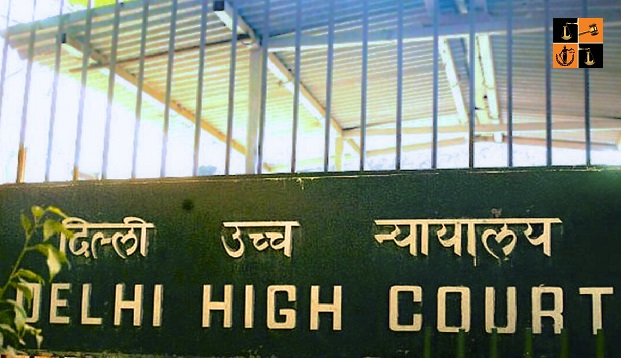The Delhi High Court recently addressed the challenging issue of quantifying compensation for the death of a homemaker and emphasized the need for a broader approach that takes into account the multifaceted and gratuitous services provided by such individuals to their families. Justice Gaurang Kanth made this observation in response to an argument stating that without proof of income and education, it is not possible to compute the notional income of a homemaker based on the Minimum Wages Act.
The Court recognized the complexity of the task and acknowledged that monetary compensation could not fully compensate for the loss of a homemaker. While monetary awards can provide financial support to the bereaved family, they cannot replace the love, care, and warmth that a mother or wife provides to her family.
The case before the Court involved an appeal filed by an insurance company against an order passed by the Motor Accidents Claims Tribunal (MACT). The MACT had granted compensation to the claimants, who were the children of the deceased and the mother of one of the deceased individuals, following a motor accident. The deceased woman was a homemaker with no income, and the insurance company contested the computation of her notional income based on the Minimum Wages Act. They argued that the compensation awarded was unjust and unreasonable, as there was no proof that the claimants were financially dependent on the deceased.
The Court, after considering relevant judgments, including the Supreme Court's ruling in National Insurance Co. Ltd. v. Pranay Sethi, upheld the importance of compensating for the death of a homemaker in a motor vehicle accident. It emphasized the essential role played by a homemaker as a wife, mother, daughter, daughter-in-law, etc., which cannot be quantified solely in monetary terms.
The Court ruled that in the absence of evidence, courts should determine the notional income of the deceased based on the minimum wages notified under the Minimum Wages Act. Additionally, it directed a 40 percent addition to the established income of the deceased under the head "Future Prospects" instead of the 25 percent awarded by the MACT. Deductions for personal expenses were also considered in the determination of compensation.
In conclusion, the Delhi High Court recognized the challenges in assessing compensation for the death of a homemaker and stressed the need for a holistic approach to account for the invaluable contributions made by such individuals to their families.
Source: Link
Picture Source :


























